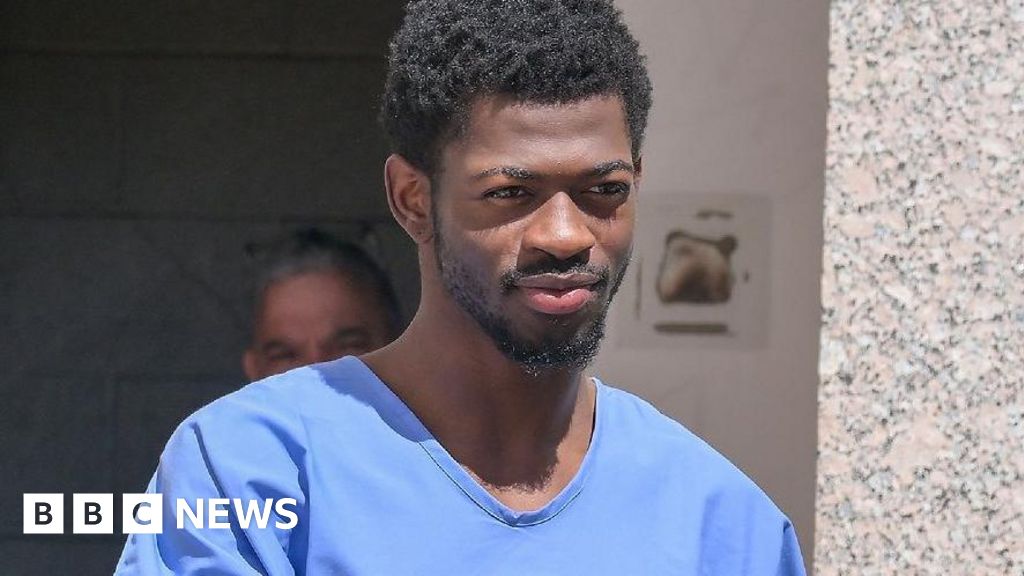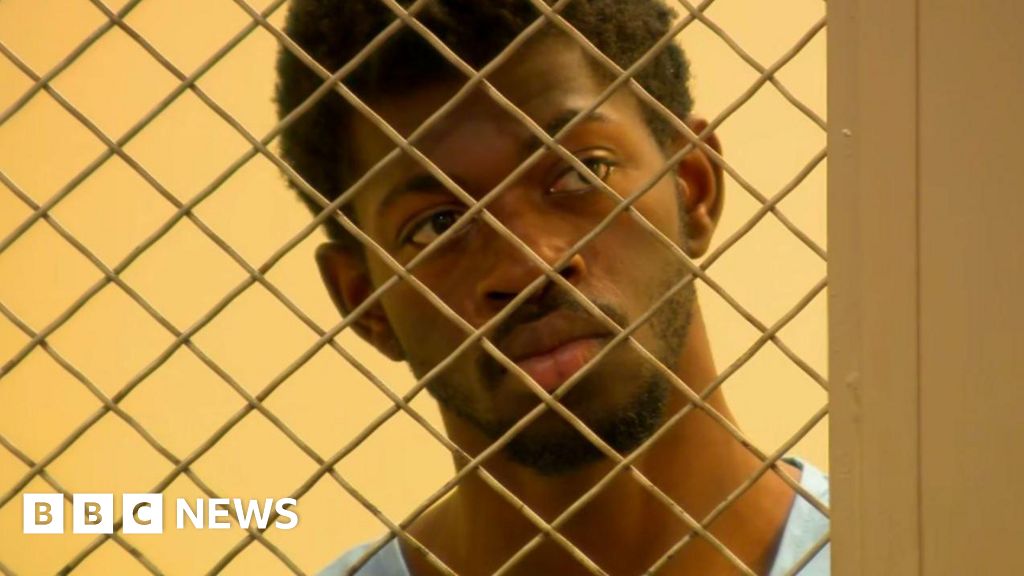Judge Armitage presented her 600-page report in an open-air session attended by Walker's family and community members, confirming that Rolfe's racist attitudes and a culture of institutional racism at the Alice Springs station contributed to a dangerous policing environment. While she could not definitively conclude that Rolfe's biases directly caused Walker’s death, she did not dismiss the possibility. The judge noted the context surrounding Walker's previous run-ins with police and described him as a "vulnerable teenager" with a history of trauma and impulsivity.
In her findings, Judge Armitage criticized Rolfe for disregarding established arrest protocols and making a series of "flawed decisions" that escalated the situation and resulted in unnecessary risk to both himself and Walker. The inquest revealed that on the day of the shooting, Rolfe and his colleagues engaged in a struggle with Walker, who threatened them with scissors. Rolfe’s actions, described as immediate and without forethought, included additional shots that were contested during a previous trial regarding their necessity.
In total, Judge Armitage recommended 32 steps to combat systemic racism, including enhancing police training, creating mutual respect agreements governing police conduct in Indigenous communities, and ensuring adherence to anti-racism measures. The inquest's revelations have spurred community reflection, with Walker's family expressing willingness to evaluate recommendations geared toward meaningful change, while NT Police recognized the emotional toll on all involved. The findings, although not legally mandatory, underscore the urgent call for systemic reform in policing practices for Indigenous citizens.
In her findings, Judge Armitage criticized Rolfe for disregarding established arrest protocols and making a series of "flawed decisions" that escalated the situation and resulted in unnecessary risk to both himself and Walker. The inquest revealed that on the day of the shooting, Rolfe and his colleagues engaged in a struggle with Walker, who threatened them with scissors. Rolfe’s actions, described as immediate and without forethought, included additional shots that were contested during a previous trial regarding their necessity.
In total, Judge Armitage recommended 32 steps to combat systemic racism, including enhancing police training, creating mutual respect agreements governing police conduct in Indigenous communities, and ensuring adherence to anti-racism measures. The inquest's revelations have spurred community reflection, with Walker's family expressing willingness to evaluate recommendations geared toward meaningful change, while NT Police recognized the emotional toll on all involved. The findings, although not legally mandatory, underscore the urgent call for systemic reform in policing practices for Indigenous citizens.




















